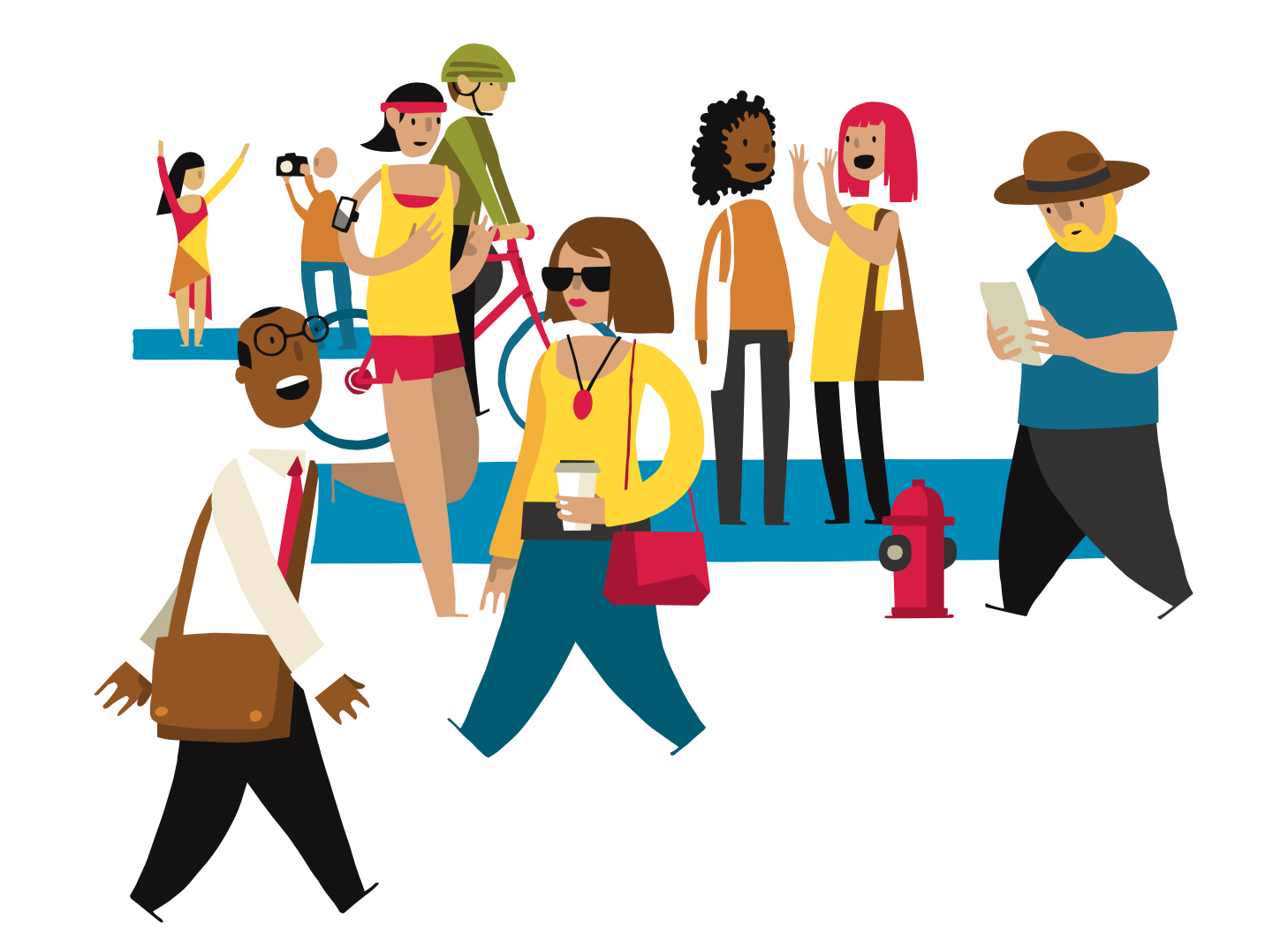Code of Conduct¶
We hope to create an environment where diverse individuals can learn and interact in a positive and affirming way. The Sociology Department is dedicated to providing a harassment-free experience for everyone.
Be friendly and patient.
Be welcoming. We strive to be a community that welcomes and supports people of all backgrounds and identities. This includes, but is not limited to members of any race, ethnicity, culture, national origin, color, immigration status, social and economic class, educational level, sex, sexual orientation, gender identity and expression, age, size, family status, political belief, religion, and mental and physical ability.
Be respectful. Not all of us will agree all the time, but disagreement is no excuse for poor behavior and poor manners. We might all experience some frustration now and then, but we cannot allow that frustration to turn into a personal attack. It’s important to remember that a community where people feel uncomfortable or threatened is not a productive learning environment. **Be careful in the words that you choose. ** Be kind to others. Do not insult or put down other participants. Harassment and other exclusionary behavior aren’t acceptable. Harmful behaviors include, but is not limited to:
Violent threats or language directed against another person.
Discriminatory jokes and language.
Posting sexually explicit or violent material.
Posting (or threatening to post) other people’s personally identifying information (“doxing”).
Personal insults, especially those using racist or sexist terms.
Unwelcome sexual attention.
Advocating for, or encouraging, any of the above behavior.
Repeated harassment of others. In general, if someone asks you to stop, then stop.
Respect the privacy of others. In a classroom setting, we expect that the person sitting next to us isn’t secretly videotaping us. The presumption that our words will not be shared beyond the classroom setting is essential to creating an open atmosphere for discussion and learning. We seek to create this same environment online. Do not record or publicly distribute the comments of other students.
When we disagree, try to understand why. Disagreements, both social and political, happen all the time, and this course will be no exception. We must engage with differing views constructively. Remember that we’re different. The strength of discussions comes from our diverse community, people from a wide range of backgrounds. Different people have different perspectives on issues. Being unable to understand why someone holds a viewpoint doesn’t mean that they’re wrong. Don’t forget that it is human to err, and blaming each other doesn’t get us anywhere. Instead, focus on helping to resolve issues and learning from mistakes.
This code of conduct applies to all of this course’s spaces, including public channels, private channels, emails, and direct messages, both online and off. anyone who violates this code of conduct may be sanctioned or referred to the Honor Court as violations may “impair the right of all members of the University community to learn and thrive in a safe and respectful environment”
Please let me know if something said or done in the classroom, by either myself or other students, is particularly troubling or causes discomfort or offense. While our intention may not be to cause discomfort or offense, the impact of what happens throughout the course is not to be ignored and is something that I consider to be very important and deserving of attention. I am always open to listening to students’ experiences, and want to work with students to find acceptable ways to process and address the issue. You an reach me over email or text (919-381-7638). If for any reason you do not feel comfortable discussing the issue directly with me, I encourage you to seek out another, more comfortable avenue to address the issue.
Before participating in class discussions, please let me know that you have read the Code of Conduct by completing the Sakai assignment.
